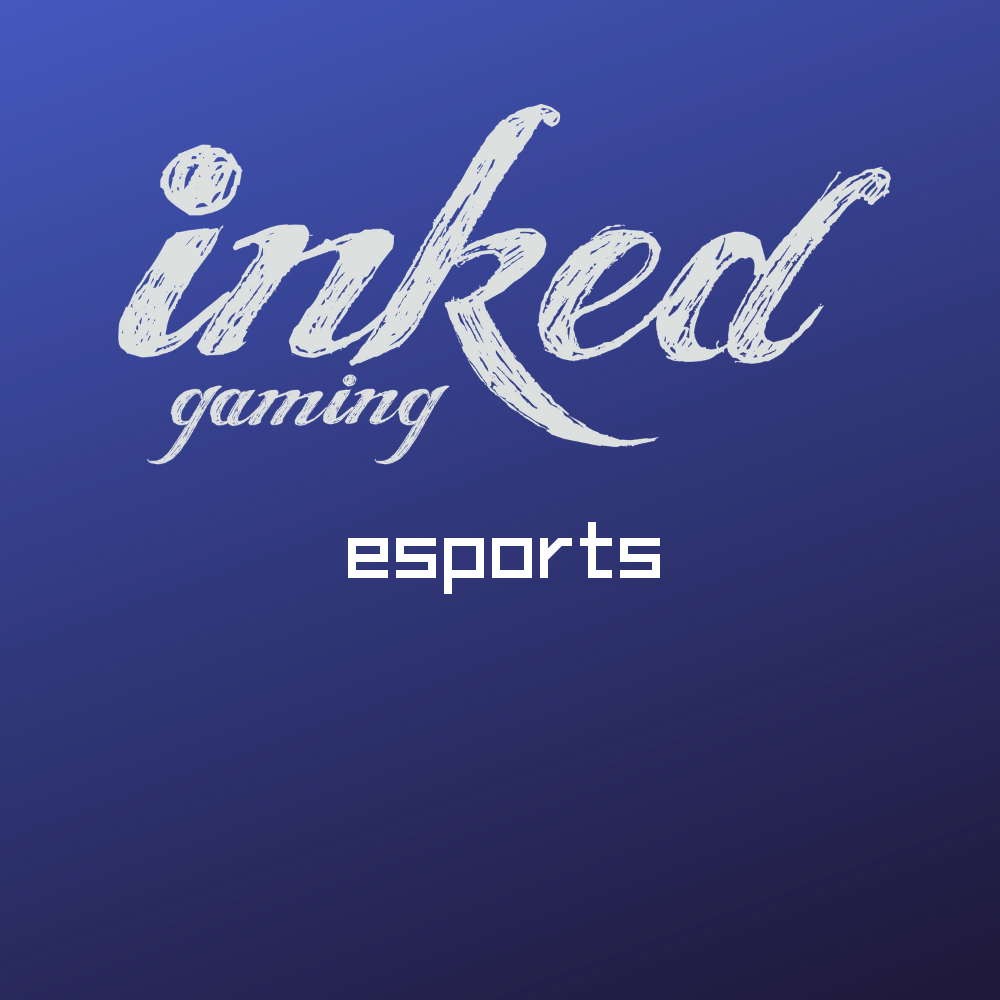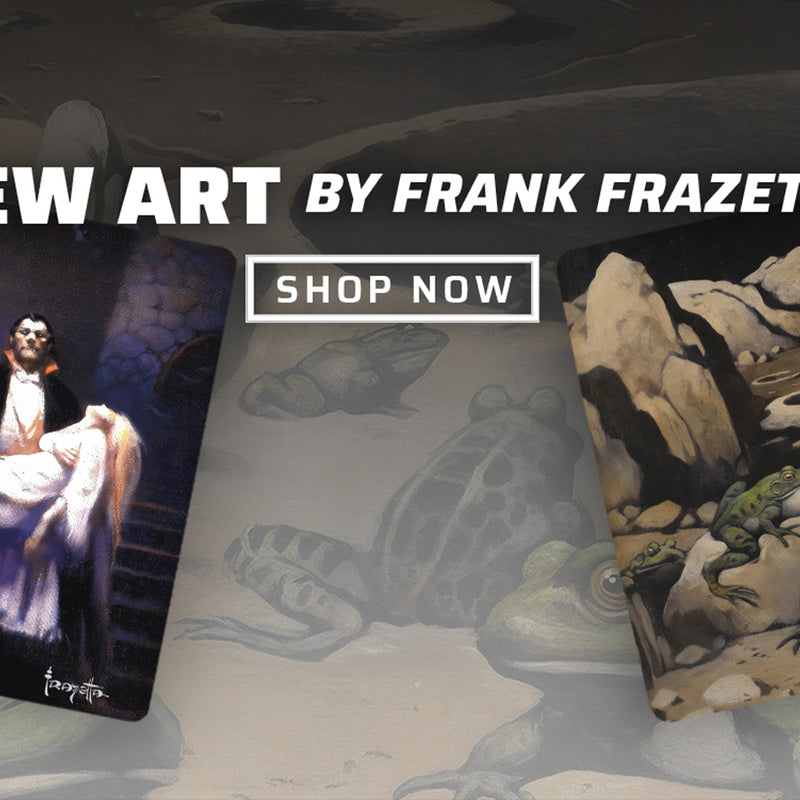Mitch Gross
NBA 2K - An Esport Review
Knicks vs Cavs - esports style!
I grew up watching a couple different competitive scenes. First, good old meat and potatoes basketball. I couldn’t get enough of it. I enjoyed watching local games all the way up to the NBA telecasts on Sunday afternoon’s on NBC. My background in basketball was extensive as I played, refereed, as well as going as far to write some of my college term papers on the sport. I am now a Sacramento Kings fanatic – having watched every one of their games since 2011.
The second competitive scene I was “all in” on was one of the largest esports of the 2000’s – Starcraft (and later Starcraft 2). I watched late night streams from South Korea, became entrenched in the competitive scene – going as far to have “favorite players” and “favorite teams” – and played the game quite extensively. I was even hired on to Collegiate Star League as a writer for a short time (collegiate Starcraft 2 league).
Around the time of 2010-2012, a professional basketball player named Gordon Hayward was on Twitch streaming Starcraft 2. I jumped into his stream and began chatting. After a very short while Gordon had hundreds of viewers watching him play in the bronze leagues – even enfranchised players such as myself. This “blending” of two different competitive cultures was something that I hadn’t seen very much of up until this point. Hayward had his NBA fans checking out this game, Starcraft, while many Starcraft players were chatting up Gordon and his fans about the similarities and differences.
Those late-night experiences watching Gordon and interacting in his Twitch chat have stuck with me ever since. When I look at different communities and how they could benefit from finding each other, I always think of the impact that this had on me.
Which brings me to my experience with the NBA 2K scene. Of all the esports, 2K feels like a mixing pot of all the fun aspects of different gaming communities.
You have the high-level announcers, professional production staff, floor reporters, hype staff, amazing music, and to cap it all off – interesting and entertaining players that aren’t afraid to talk a little trash from time to time.
Getting ready for the conference playoffs!
Let’s jump back to Starcraft: competitors type the letters, “gl hf (good luck, have fun)” to their opponents as the match starts – if you don’t, it can be seen as “bad manner (poor sportsmanship).” If you don’t say “gg (good game)” at the end of the match, it could also be construed as poor sportsmanship. Looking to do a little bit of chit chat back and forth during the game? Very poor sportsmanship.
Alternatively, in 2K, many times there is no holding back. From the tip-off, you will hear players shouting “smack talk” at each other, yelling when things go wrong (or right), and boastfully celebrating after wins. That all being said, the understanding that there are certain places that you never take that smack talk (family, looks, etc.) add to the excitement and arguably enhance the viewership experience greatly. All the competitors seem to respect each other’s game and character and most times, the “jawing” at each other is all in good fun.
The 2K scene has all the necessary ingredients for a very healthy and prosperous esports scene:
Funding: NBA 2K teams are directly supported by their corresponding NBA team. Substantial cash has been invested into this infrastructure including a salary for every 2K player, travel expenses, and housing costs. The production of the games is funded by the NBA, corporate sponsors, and investors. The investment of money has most likely exceeded the reach of the NBA 2k League due to projected growth of the league in the coming years (we call this, operating at a high “advertisement cost.”)
Knicks battle Cavs in the live studio playoffs
Playerbase: The original NBA 2K game was released in November of 1999 for the Sega Dreamcast. We’re now on the 20th year of the game with no looks to slow down. With every year, 2K see’s an influx of players to their franchise, console’s adding the game, and an increased player base paying attention to the competitive scene. The odds of NBA 2K dying off looks to be very low at this point.
International Support: The NBA’s international notoriety has grown exponentially since the early 2000’s. Reasons include the NBA investing in league in Africa, Asia, and Europe as well as prolific stars coming into the league (Yao Ming of China, for example) and bringing their large fanbase to the United States. Additionally, NBA stars going to play internationally (Stephon Marbury, for example) have also helped growth. If the actual association grows, the game, 2K, will continue to reach more and more new audiences.
Twitch.tv Community: The Twitch community is one of the most hyped communities I have seen for their game and their professional players. Having been closely monitoring the viewership of official 2K streams, it’s not unheard of to see the numbers in the tens of thousands on a regular weekday evening.
Take it from Twitch chat, "this game is HYPE"
In the end, this doesn’t look like another “flash in the pan” esport. Expect bigger and bigger things to come from the NBA 2K community as traditional basketball fans catch wind of this new way to consume the game they love. For me? I’ll be over here trying to level up my 77 overall point guard named “Lol Magikarp” so that I can maybe one day compete with the studs of the NBA 2K community.
See you on the courts!
Mitch “Magikarp” Gross
Inked Gaming
All images courtesy of the official NBA 2K stream via Twitch.tv







0 Comments